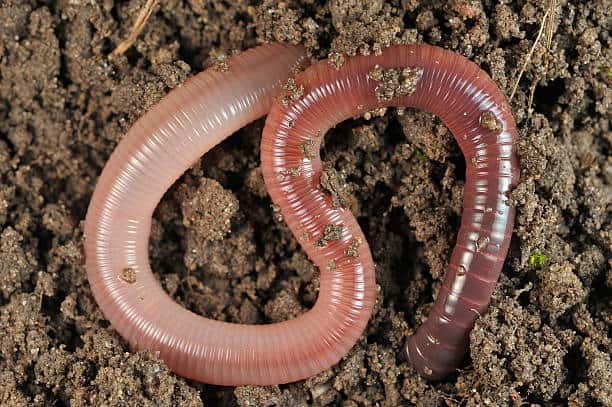
Through games, drama, sensory exploration, and scientific observation, students will uncover soil’s many secrets—from the creatures that dwell within it to its critical role in the water cycle and food webs. Each activity is aligned with Ontario’s Science Curriculum (Grades 1–8) and emphasizes inquiry, connection, and stewardship.
Curriculum Connections
Grades 1–2:
· Recognize soil as a habitat and source of life.
· Identify actions that promote a healthy environment (e.g., composting, avoiding pollution).
Grades 3–5:
· Investigate soil composition and properties.
· Understand the impact of human activities on soil and strategies to protect it.
· Examine composting and the role of decomposers.
Grades 6–8:
· Explore soil biodiversity and ecosystems.
· Analyze the effects of erosion, agriculture, and development.
· Link soil health to climate resilience and sustainability.
Each activity supports inquiry-based learning, critical thinking, and ecological literacy.
Program Goals
· Foster a sense of wonder and appreciation for soil.
· Encourage hands-on exploration and scientific thinking.
· Promote environmental responsibility and soil stewardship.
Optional Enhancements:
· Invite a local farmer or soil scientist to speak.
· Start a classroom compost bin or worm farm.
· Create a terrarium to observe soil processes over time.
By getting their hands dirty—literally—students will uncover the story of soil and discover how deeply it connects to every part of life on Earth.

